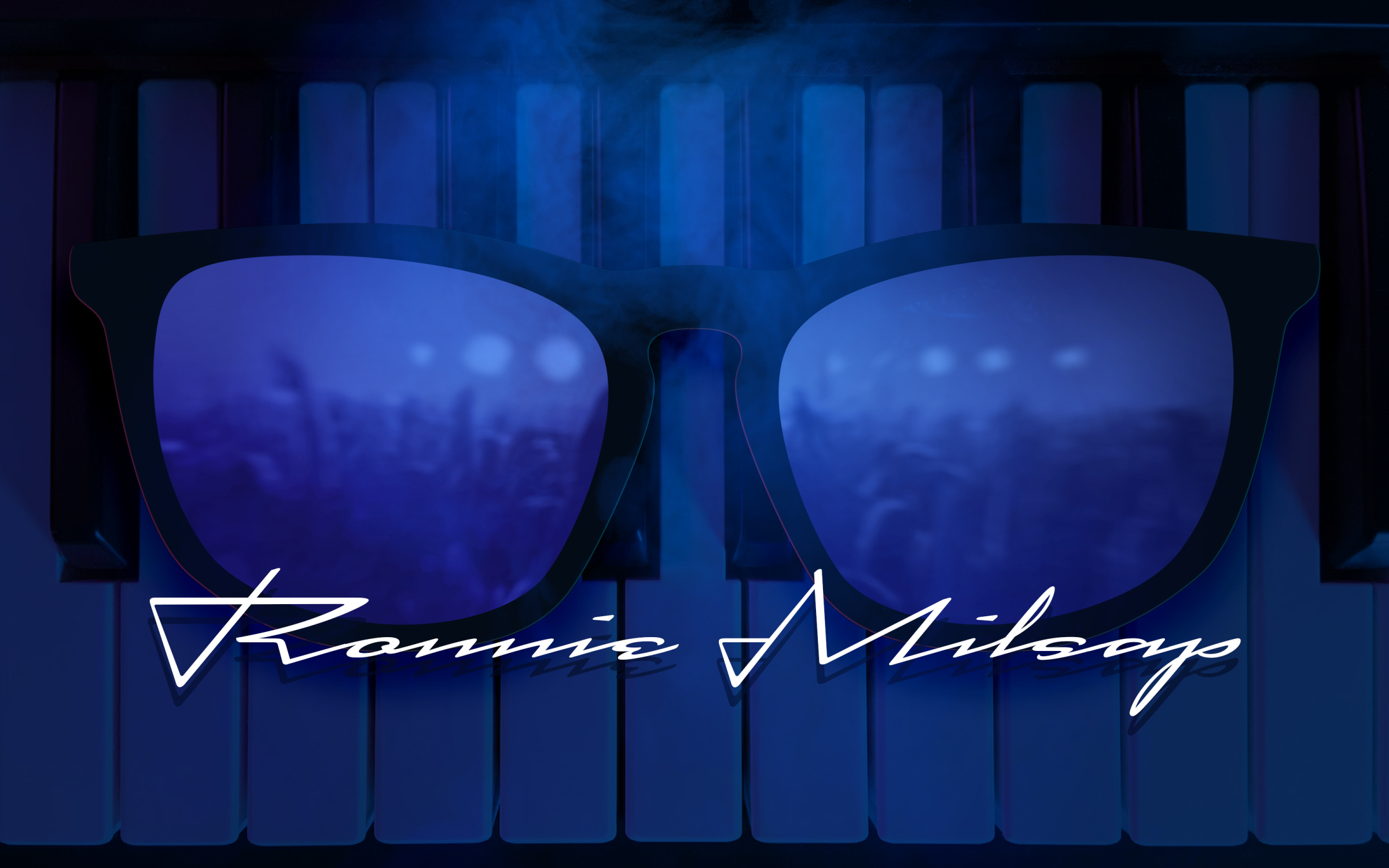
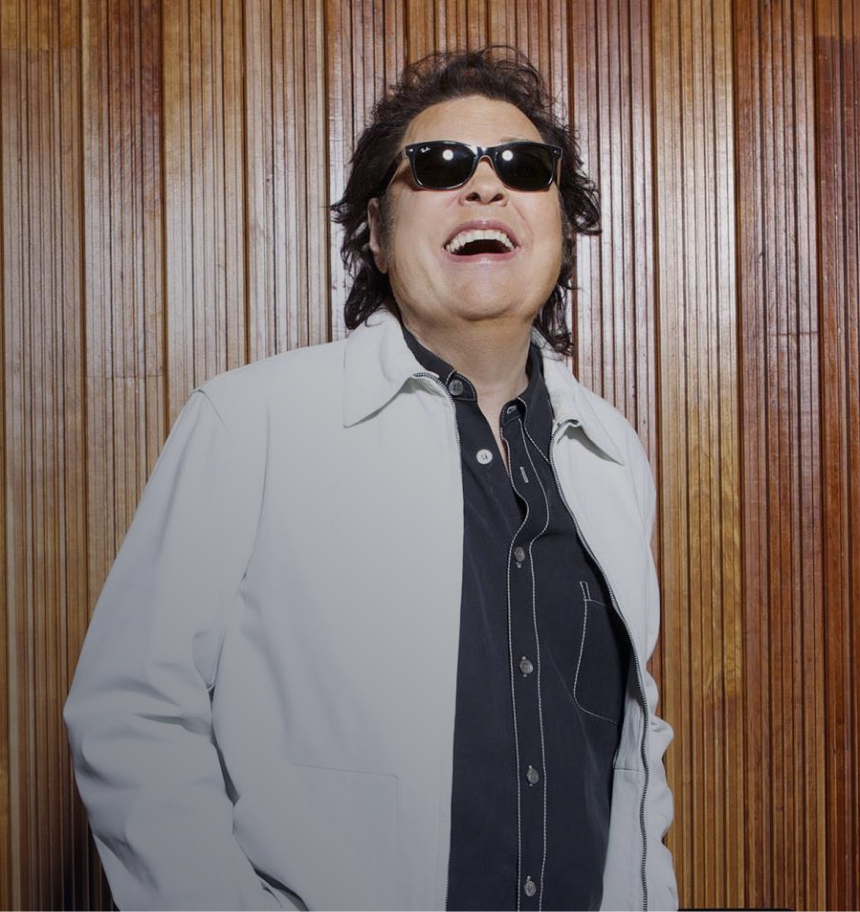
Despite the best efforts of certain gatekeepers and genre purists, music seems to have an aversion to remaining neatly inside of any one box.
From Ray Charles’ 1962 masterpiece Modern Sounds in Country and Western Music to Lil Nas X’s recent megahit “Old Town Road,” the blending of seemingly disparate musical genres into a cohesive whole is one of America’s greatest cultural traditions. During the 1970s and ‘80s, Ronnie Milsap was a part of a small coterie of “country” musicians who helped push the boundaries of the genre into new and exciting directions by incorporating R&B, soul, and pop into his silky smooth sound. Like his contemporaries John Denver and Charlie Rich (himself an inductee into the MMHOF), Milsap’s rejection of country music orthodoxy helped him to become one of the genre’s most successful and innovative artists, racking up an incredible 35 number one hits and six Grammy awards during his legendary career.
Although Milsap’s music is revered for its effortless elegance, his early life was anything but. Born in Robbinsville, North Carolina in 1943, Milsap came into the world nearly blind due to congenital glaucoma. According to his autobiography, his mother interpreted his disability as divine punishment. “I remember my uncle and my father telling me that my mother didn’t want me because I was blind. She thought being blind was a disgrace and a punishment from God…over your life, you learn to forgive everything,” he would say.
Raised by his grandparents in the Smoky Mountains, Milsap was eventually sent to the Governor Morehead School for the Blind in Raleigh, North Carolina. It was here that he first discovered his love for music, embracing the various genres that he discovered from the radio. By the age of 7, his teachers began to take notice of his prodigious musical gifts and encouraged him to study classical music. He became proficient in several instruments, most notably the piano. Yet despite this support, the school was also notorious for its harsh disciplinary actions. At one tragic point in his childhood, Milsap was struck in the face by a house father, resulting in complete blindness.
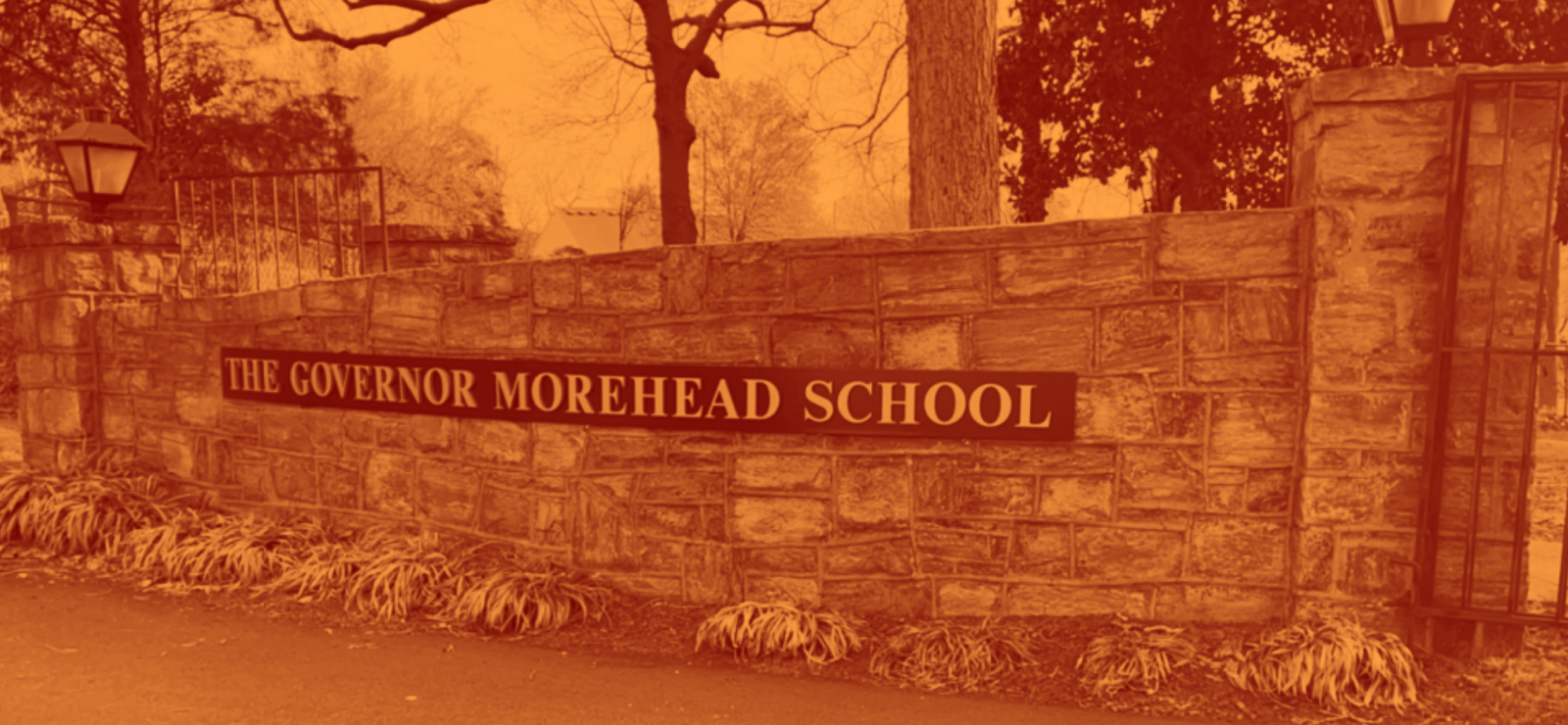
Around 1956, Milsap’s musical influences expanded even further…
Around 1956, Milsap’s musical influences expanded even further with his introduction to the music of Elvis Presley. Inspired by this exciting new sound, he formed a rock band called the Apparitions with his fellow highschool classmates. Following graduation, the young pianist was offered a scholarship to Georgia’s Young Harris College’s law program. While in college, Milsap joined a popular local R&B band called the Dimensions that frequently played in the Atlanta area and with whom he released his first single “Total Disaster” in 1963. The following fall, Milsap made the fateful decision to leave college in order to pursue a full-time career in music. While working Atlanta’s club circuit, Milsap discovered that guitarist JJ Cale was in search of a keyboardist and was promptly hired for the job.
In 1965, he signed with Scepter Records, who released “Never Had It So Good,” which climbed to #19 on Billboard’s R&B chart. Although he continued to release new music under the label for the next few years, none of his singles approached the success of his first song. In search of a fresh beginning and at the urging of producer Chips Moman, Milsap headed west to Memphis, the current hit-making epicenter of the musical universe.
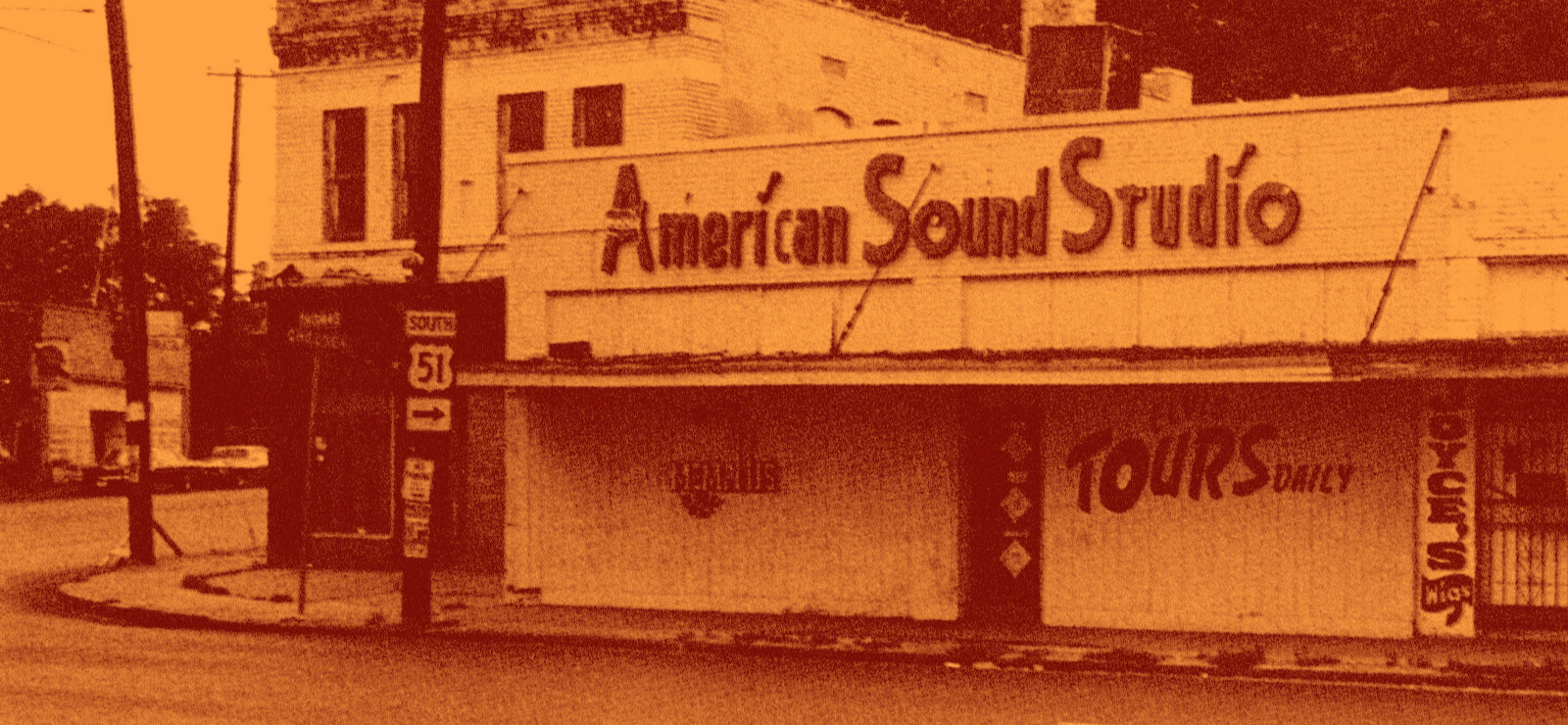
Prior to his move to the Bluff City, Milsap had already become acquainted with Chips Moman and the Memphis Boys, the celebrated rhythm section at American Studios. While at Scepter, he had been sent to American to record a single, making a lasting impression on the Memphis based team. One night while playing at the Playboy Club in Atlanta, Moman showed up unexpectedly. “He told me that he would get me session work at American, introduce me to music industry bigwigs, produce my next hit, and land me a job at T.J.’s, a very busy nightclub,” Milsap later recalled. After arriving in Memphis with his family in 1968, Milsap was rapidly integrated into American Studio’s ecosystem. As promised, he also began performing frequently at T.J.’s, a music-business hangout operated by Moman’s friend Herbie O’Mell. “There was nothing country about Ronnie and his band – it was blues, it was Beatles, it was strobe lights. He had the coolest band in Memphis,” remembered Reggie Young, American’s guitarist.
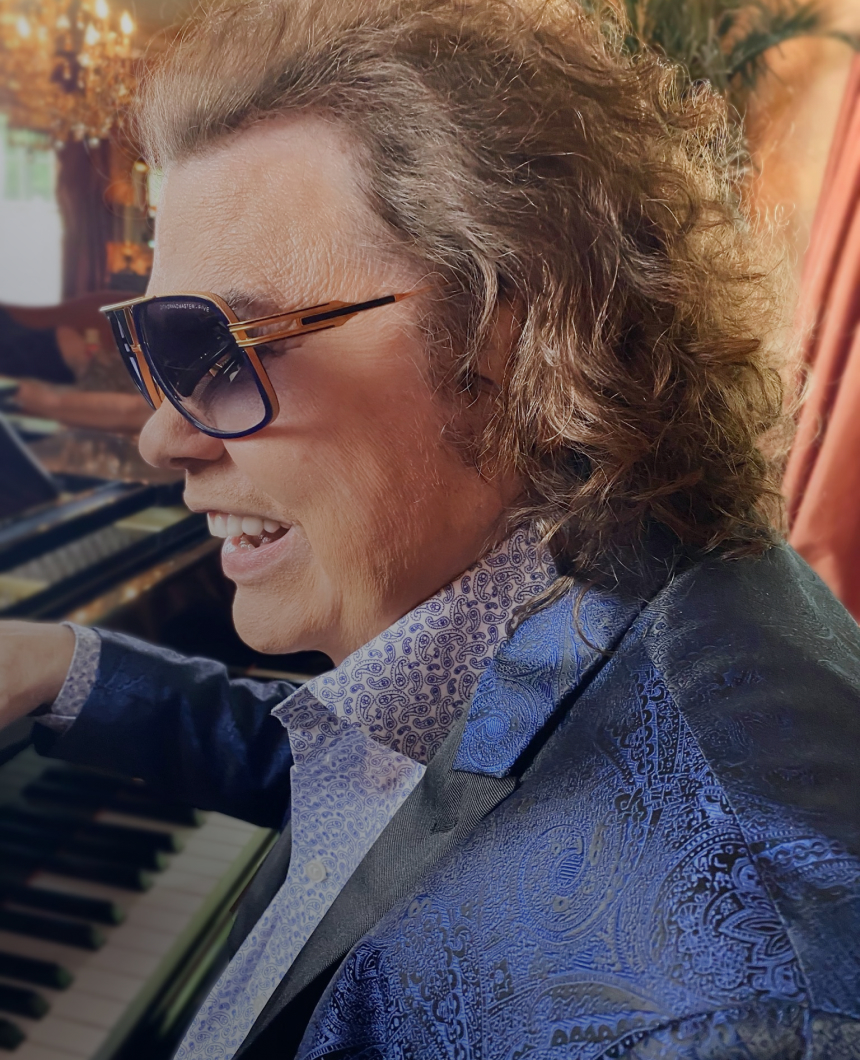
For his part, Milsap remembers his residency at T.J. ‘s fondly and credits it with introducing him to some of music’s biggest names.
“T.J.’s always attracted a lot of artists. We had a permanent gig there, six nights a week. Most any night you’d think, ‘Who’s gonna show up tonight?’.” During his stint, he recalls meeting Isaac Hayes, John Fogerty, and Dionne Warwick, but his most notable interaction was with his idol Elvis Presley. In January of 1969, just months after his chance encounter with the King, Milsap was tasked with playing with Presley during his recording session at American. At the time, Elvis was looking to re-energize his career and entrusted Moman and the Memphis Boys to make it happen. On the first day of recording, Milsap accompanied Presley on a new song entitled “Kentucky Rain.” “Oh, I was given total freedom”, Milsap recalled. “The only suggestion I got from Elvis was that he wanted to hear thunder roll on the piano. He made that comment, and beyond that, he didn’t say anything. He basically said, ‘Play what you feel’.” Milsap also contributed vocals to Presley’s “Don’t Cry Daddy” and “Gentle on My Mind.” Later, Milsap and his band were invited to play at Elvis’ New Year’s Eve Party at T.J.’s. “Elvis came over and talked about how much he loved ‘Kentucky Rain’ and how he appreciated me playing on it. I got to sit and talk with him…that was a dream come true.”
In addition to his work as a session musician, Milsap also recorded a number of sides as a solo artist at American, none of which were commercially successful. Despite his well-earned reputation for having an uncanny ear for hits, Chips Moman could never figure out how to utilize Milsap’s unique voice. In the book Memphis Boys: The Story of American Studios, engineer Hayward Bishop recalled being taken aback by Moman’s response to Milsap’s song “Loving You’s a Natural Thing.” According to Bishop, Moman stated “I don’t think Ronnie has a commercial voice.” “I’m hearing that and thinking… it’s a daggone smash…maybe I should have trusted my own instincts more,” Bishop later said.

Feeling that Moman’s enthusiasm for him was waning, Milsap began looking for opportunities elsewhere.
“The day after Christmas 1972, I made the difficult decision to move to Nashville and begin a residency at the King of the Road hotel. I considered it my last chance to make it in music. I could never have gone to Nashville if I had not had that waiting engagement,” he said. Soon after moving to Nashville, Milsap had a serendipitous meeting with country star Charley Pride, who encouraged him to focus on country music. Needless to say, it proved to be valuable advice. Impressed by Milsap’s talents, Pride’s manager Jack Johnson started working with the singer, helping him to secure a deal with the RCA label. Recognizing his immense potential, the label quickly released the single “I Hate You.” While the song performed well, Milsap’s meteoric rise to fame was just around the corner.
In 1974, Milsap began to make major waves within the industry thanks to the twin number one hits “Pure Love” and “Please Don’t Tell Me How the Story Ends.” His hot start was recognized by the Country Music Association, who named him Male Vocalist of the Year for 1974. He also took home the Grammy for Best Male Country Vocal Performance for “Please Don’t Tell Me How the Story Ends.”
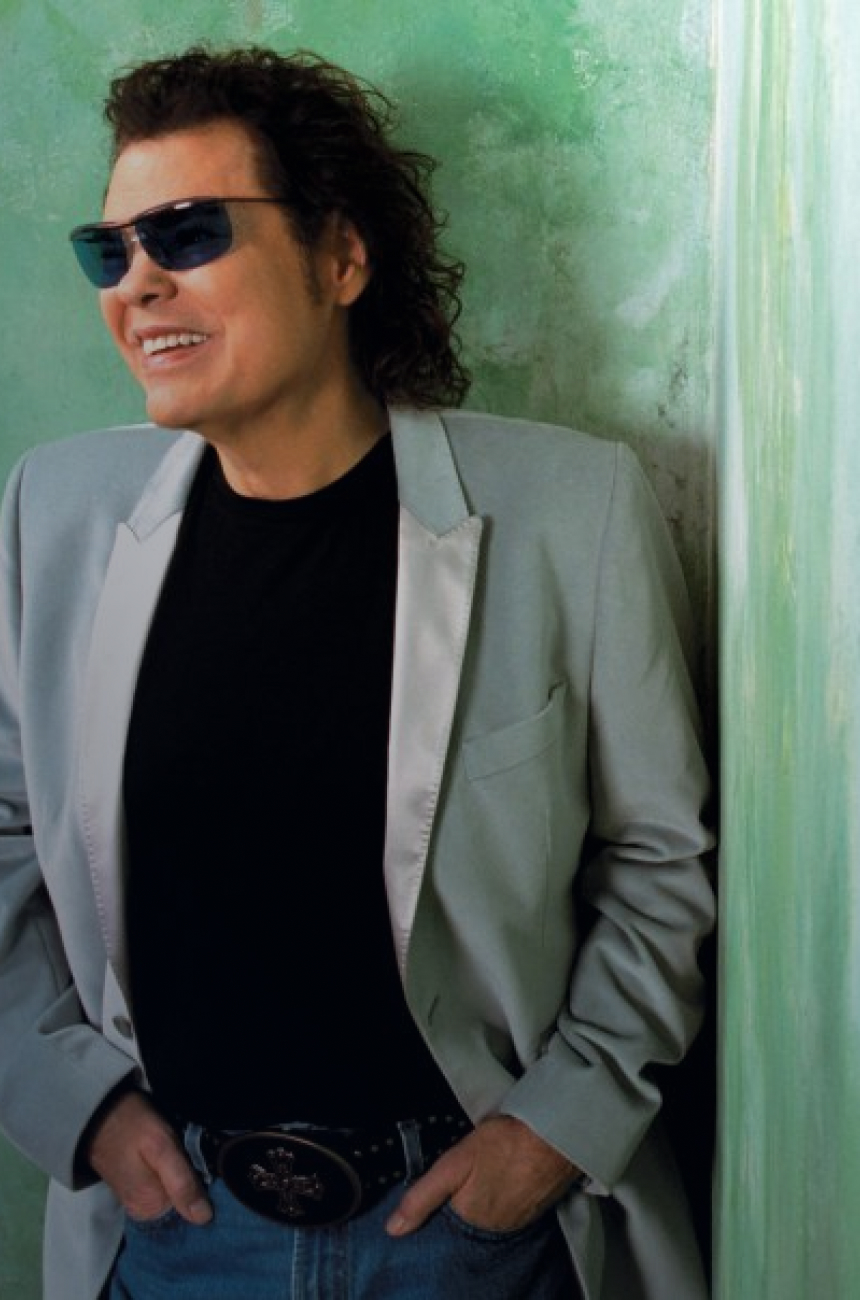
Between 1974’s “(I’d Be) A Legend in My Time” and 1979’s “Nobody Likes Sad Songs,” Milsap reached the top of the Billboard country charts an astonishing ten times, while also claiming the CMA’s Male Vocalist of the Year honors in 1976 and ‘77 (as well as that year’s award for Entertainer of the Year). As an added bonus, Milsap also became a member of the Grand Ole Opry, fulfilling a lifelong dream. It seems that Milsap’s unique combination of honky tonk, rock & roll, and R&B – paired with his gorgeous baritone – was exactly what the country music community was looking for. Although the immense successes he enjoyed during the 1970s was enough to make any artist enviable, the next decade would prove to be even more fruitful.

During the 1980s, Milsap not only continued his dominance within country music, but also found crossover success within the world of adult contemporary, beginning with the smash hit “Smoky Mountain Rain.”
Arguably his most popular song, Milsap credits the lessons he learned in Memphis with the success of the #1 hit. “We paid tribute to ‘Kentucky Rain’ by incorporating the same sound of thunder that Elvis used,” he said. “‘Smoky Mountain Rain’ became a huge hit for me, and it’s one of my most requested songs. I truly learned how to make records by working at American.”
Overall, Milsap would reach the top of the charts another 23 times during the decade, including his Grammy-winning duet with Kenny Rogers “Make No Mistake, She’s Mine.” In the midst of his grueling schedule, the artist also found time to established his Ronnie Milsap Foundation for visually challenged persons.
As the ’90s began, Milsap remained a reliable hitmaker, reaching the top ten another four times in 1990 and 1991. Milsap had firmly established himself as one of country music’s most consequential stars, helping to change the face of the genre forever.
Following a relatively quiet period, Milsap reemerged in the 2000s with a series of new albums and public appearances. In 2006, Milsap was selected as one of the inaugural inductees into the all-genre Music City Walk of Fame in Nashville, and the next year he embarked on a tour with George Strait and Taylor Swift. On the eve of his 76th birthday, Milsap released the album The Duets, a collection that featured longtime compatriots such as Dolly Parton, Willie Nelson, and Billy Gibbons. His most recent album, A Better Word for Love, was released in April of 2021.
“They say love will find a way. I know determination will,” Milsap is quoted as saying. He should know. Much like his friend and mentor Ray Charles, Ronnie Milsap’s life is a testament to the fact that musical genius isn’t always enough. Sometimes, it takes courage and tenacity as well.

Be the first to add your voice.